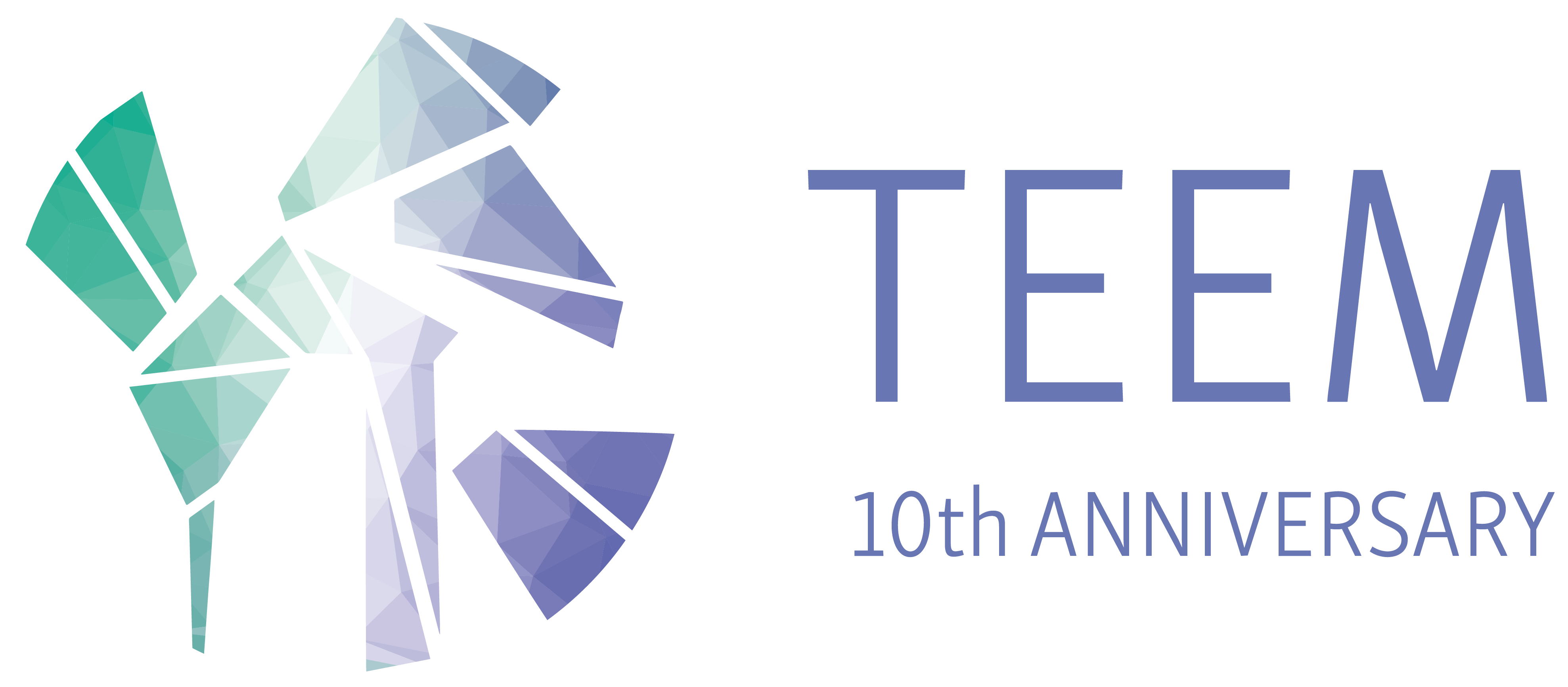On 12 July 2022, the Resolution of the Directorate General for Evaluation and Territorial Cooperation was published in the BOE (Official State Gazette of the Spanish Government), which publishes the Agreement of the Sectorial Conference of Education on the certification, accreditation and recognition of teachers’ digital competence. The Agreement establishes the procedures for the accreditation of teachers’ digital competence and will be carried out at the following levels: A1, A2, B1, B2, C1 and C2, being equivalent and recognized by all education administrations. To this end, the Reference Framework for Digital Competence in Teaching (MRCDD) will be used as a reference. The aim is that by 2024, at least 80% of 700,000 non-university teachers will have their digital competences accredited. This is a commitment made by Spain to the European Commission.
But is this an appropriate method and timeframe? And what is happening at university level?
Undoubtedly, times are changing, digitalization now covers all levels of society, and both our young people and non-university teaching staff are aware of the need to modernize their studies and adapt to the needs of the new digital society. But the question arises as to what extent and how these certification processes can be carried out at university level in order not to leave out the higher level of education from this process of adaptation. The report of the study “Digital competences of university teaching staff in Spain“, carried out by the Crue-TIC and Crue-Docencia sectoral commissions, was recently presented at the University of Seville. But while an official plan already exists in the pre-university field, the report, a pioneer in Spain and in the European Union and in which more than 5,000 professors from 51 Spanish universities have participated, is only the first step to define the future policies to be developed by these institutions to improve the digital skills of teaching staff.
This year in the TEEM AGORA, we proposed a round table with expert teachers and university researchers in educational innovation to unravel, identify, discuss and try to reach some useful conclusions regarding digital skills, certifications, accreditations, etc., and try to achieve a university improvement in the renewal of knowledge and accreditation of teachers.
